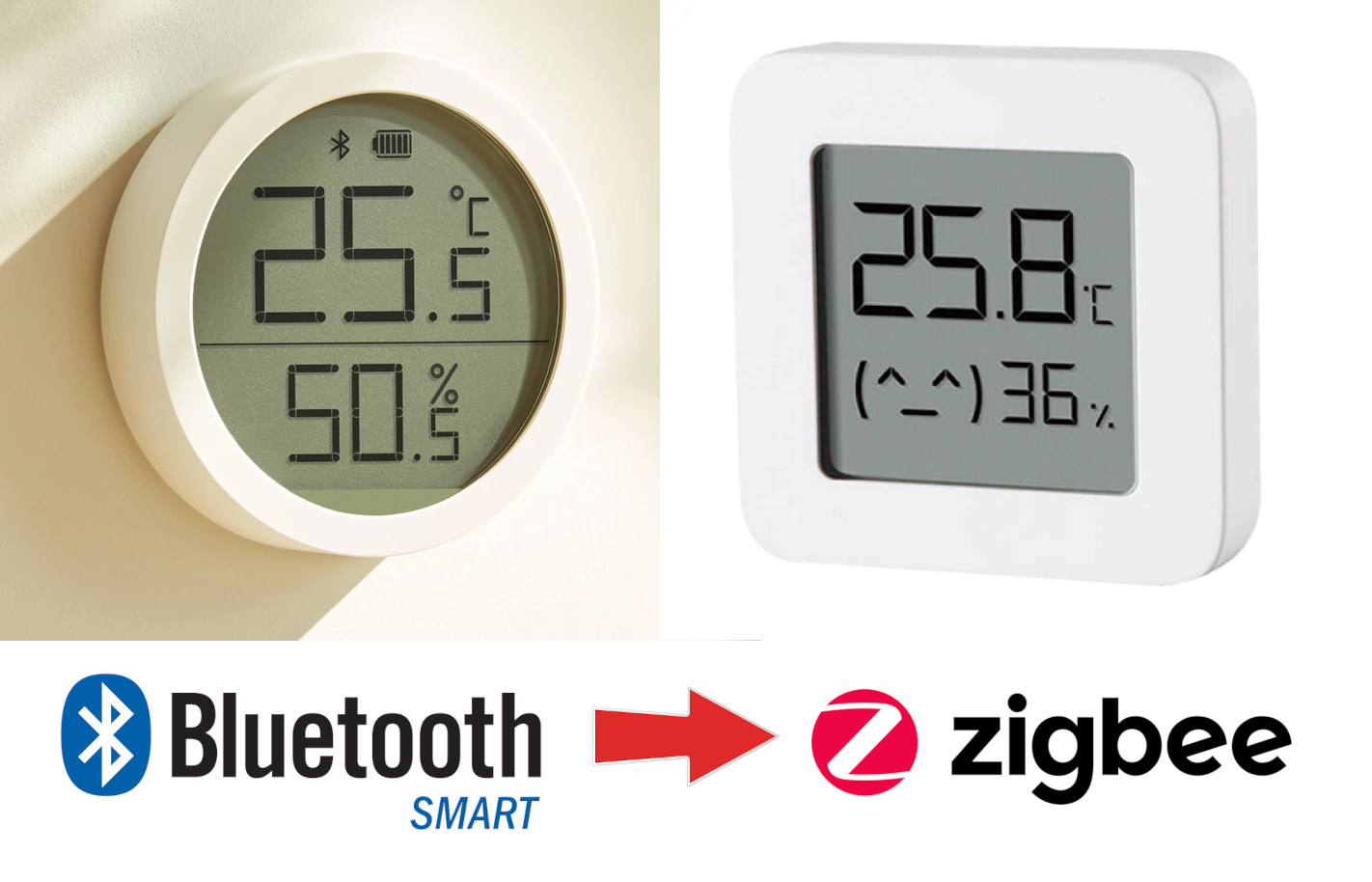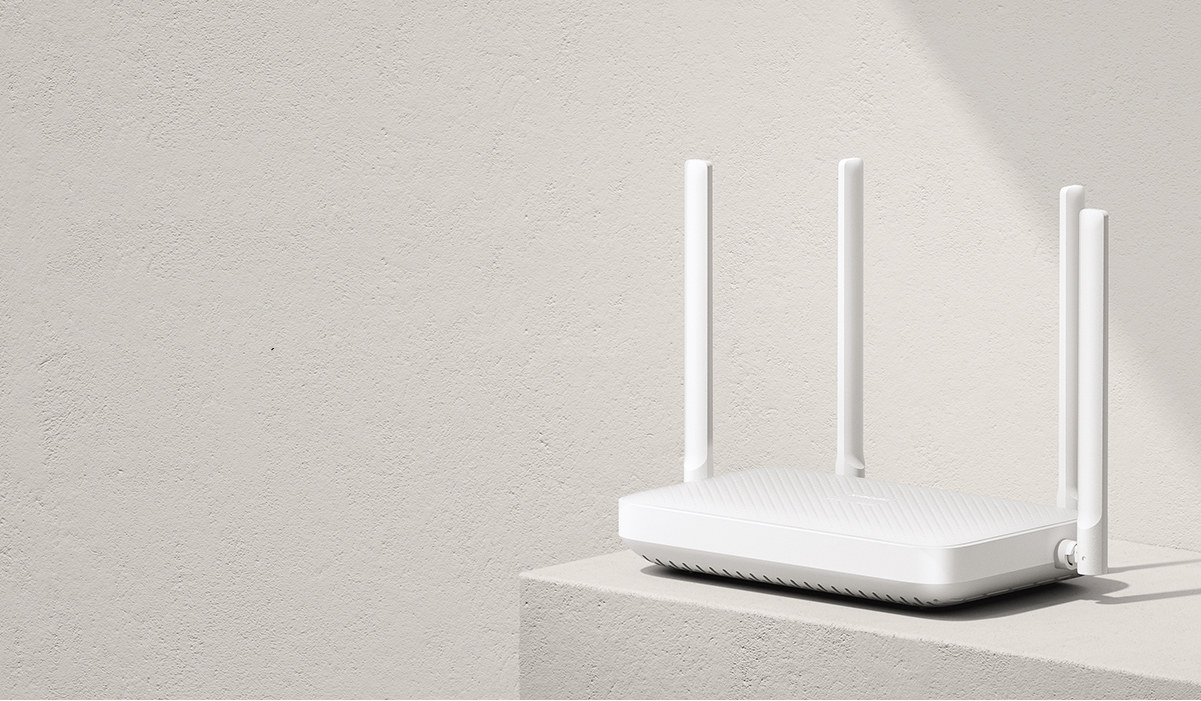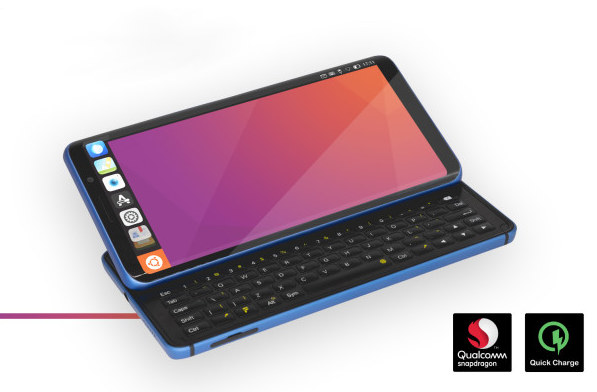Linus Torvalds has just announced the release of Linux 6.14 on LKML: So it’s early Monday morning (well – early for me, I’m not really a morning person), and I’d love to have some good excuse for why I didn’t do the 6.14 release yesterday on my regular Sunday afternoon release schedule. I’d like to say that some important last-minute thing came up and delayed things. But no. It’s just pure incompetence. Because absolutely nothing last-minute happened yesterday, and I was just clearing up some unrelated things in order to be ready for the merge window. And in the process just entirely forgot to actually ever cut the release. D’oh. So yes, a little delayed for no good reason at all, and obviously that means that the merge window has opened. No rest for the wicked (or the incompetent). Below is the shortlog for the last week. It’s nice and […]
Linux 6.9 release – Main changes, Arm, RISC-V, and MIPS architectures
Linus Torvalds has just announced the release of Linux 6.9 on LKML: So Thorsten is still reporting a few regression fixes that haven’t made it to me yet, but none of them look big or worrisome enough to delay the release for another week. We’ll have to backport them when they get resolved and hit upstream. So 6.9 is now out, and last week has looked quite stable (and the whole release has felt pretty normal). Below is the shortlog for the last week, with the changes mostly being dominated by some driver updates (gpu and networking being the big ones, but “big” is still pretty small, and there’s various other driver noise in there too). Outside of drivers, it’s some filesystem fixes (bcachefs still stands out, but ksmbd shows up too), some late selftest fixes, and some core networking fixes. And I now have a more powerful arm64 machine […]
Enabling Zigbee in Bluetooth LE temperature and humidity monitors from Xiaomi and Qingping using Telink TLSR8258 WiSoC
Qingping CGDK2 and Xiaomi LYWSD03MMC Bluetooth LE (BLE) temperature and humidity monitors based on Telink TLSR8258 can be switched to Zigbee thanks to a custom firmware flashed over-the-air. Telink TLS8258 is a multi-protocol wireless microcontroller supporting Bluetooth LE 5, Bluetooth Mesh, Zigbee, RF4CE, Thread, 6LoWPAN, HomeKit, ANT, and 2.4GHz proprietary and found in boards such as the LILYGO T-Zigbee and various products. Some products only enable one wireless protocol, for example, Bluetooth LE as in the just-mentioned Qingping and Xiaomi monitors, but “SmartHomeScene” has found out that it was possible to switch from BLE to Zigbee on those by simply updating the firmware. The Telink TLS8258 devices mentioned above will publish data over BLE every 10 minutes (unless humidity or temperature changes, in which case data is transmitted immediately) with the default firmware, but Zigbee can be enabled by using the pvvx custom firmware for the following models: Xiaomi LYWSD03MMC […]
Xiaomi Router AX1500 WiFi 6 router sells for $25
Xiaomi Router AX1500 is an inexpensive WiFi 6 router with four antennas delivering up to 1201Mbps at 5 GHz and 300 Mbps at 2.4GHz and selling for just around $25 including shipping on Aliexpress. We had already cheap WiFi 6 solution with the Banana Pi BPI-WiFi 6 router based on Triductor Technology TR6560 dual-core Cortex-A9 router SoC and TR5220 WiFi 6 chipset going for $26, but that was the board only, and a complete system went for around $40. Xiaomi Router AX1500 is a complete WiFi 6 router selling for just $25 with an enclosure and power supply. Xiaomi Router AX1500 specifications: SoC – Unspecified Networking Wireless 2.4GHz WiFi 2×2 802.11n up to 300Mbps Channels – 1, 2, 3, 4, 5, 6, 7, 8, 9, 10,11, 12, 13 5GHz WiFi 2×2 802.11ax (WiFi 6) up to 1201Mbps Channels – 36, 40, 44, 48, 52, 56, 60, 64,149, 153, 157, 161, […]
Ubuntu Touch 20.04 OTA-2 adds support for Fairphone 3, Volla Phone X23, F(x)tec Pro1 X smartphones
UBPorts has just released Ubuntu Touch 20.04 OTA-2 based on Ubuntu 20.04 with three new phones supported namely the Fairphone 3, the Volla Phone X23, and F(x)tec Pro1 X with the latter being introduced in 2020 in a crowdfunding campaign claiming Ubuntu Touch support. Ubuntu Touch was initially an initiative by Canonical for desktop/mobile convergence, but when the company decided to refocus its efforts on cloud and IoT, the UBPorts community took over and eventually outed the first stable Ubuntu Touch release in June 2017. Work has continued since then and with the Ubuntu Touch 20.04 OTA-2 release, the community-supported distribution now supports 15 smartphones with the Fairphone 4, Google Pixel 3a and 3a XL, Oneplus 5 and 5T, OnePlus 6 and 6T, Vollaphone and Vollaphone X, Vollaphone 22, Xiaomi Mi A2, Xiaomi Poco M3, Xiaomi Redmi Note 7 and 7 Pro, besides the three new mobile devices added to […]
Linux 6.4 release – Main changes, Arm, RISC-V and MIPS architectures
Linux 6.4 has just been released by Linus Torvalds on the Linux Kernel Mailing List (LKML): Hmm. Final week of 6.4 is done, and we’ve mainly got some netfilter fixes, some mm reverts, and a few tracing updates. There’s random small changes elsewhere: the usual architecture noise, a number of selftest updates, some filesystem fixes (btrfs, ksmb), etc. Most of the stuff in my mailbox the last week has been about upcoming things for 6.5, and I already have 15 pull requests pending. I appreciate all you proactive people. But that’s for tomorrow. Today we’re all busy build-testing the newest kernel release, and checking that it’s all good. Right? Released around two months ago, Linux 6.3 brought us AMD’s “automatic IBRS” Spectre defense mechanism, additional progress on the Rust front with User-mode Linux support (on x86-64 systems only), the NFS filesystem (both the client and server sides) gained support for […]
Linux 6.2 release – Main changes, Arm, RISC-V, and MIPS architectures
Linux 6.2 has just been released with Linus Torvalds making the announcement on LKML as usual: So here we are, right on (the extended) schedule, with 6.2 out. Nothing unexpected happened last week, with just a random selection of small fixes spread all over, with nothing really standing out. The shortlog is tiny and appended below, you can scroll through it if you’re bored. Wed have a couple of small things that Thorsten was tracking on the regression side, but I wasn’t going to apply any last-minute patches that weren’t actively pushed by maintainers, so they will have to show up for stable. Nothing seemed even remotely worth trying to delay things for. And this obviously means that the 6.3 merge window will open tomorrow, and I already have 30+ pull requests queued up, which I really appreciate. I like how people have started to take the whole “ready for […]
Linux 5.19 Release – Main changes, Arm, RISC-V and MIPS architectures
Linus Torvalds has just announced the release of Linux 5.19. It should be the last 5.xx version, with Linux 6.0 coming for the next cycle: So here we are, one week late, and 5.19 is tagged and pushed out. The full shortlog (just from rc8, obviously not all of 5.19) is below, but I can happily report that there is nothing really interesting in there. A lot of random small stuff. In the diffstat, the loongarch updates stand out, as does another batch of the networking sysctl READ_ONCE() annotations to make some of the data race checker code happy. Other than that it’s really just a mixed bag of various odds and ends. On a personal note, the most interesting part here is that I did the release (and am writing this) on an arm64 laptop. It’s something I’ve been waiting for for a _loong_ time, and it’s finally reality, […]










